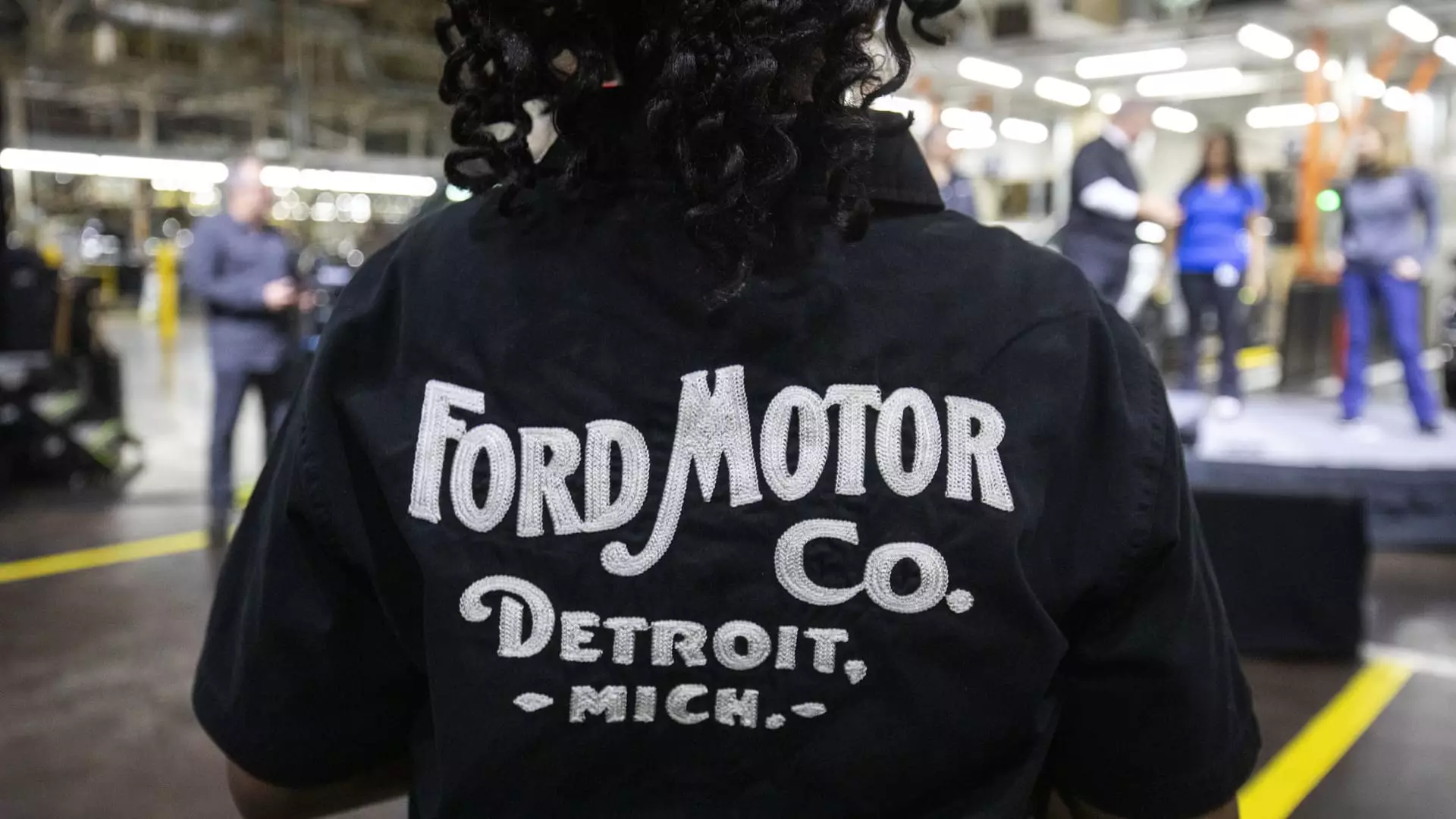In a surprising move, Ford Motor recently announced that it will be reevaluating its diversity, equity, and inclusion (DEI) initiatives. This decision comes as part of the company’s efforts to adapt to the changing external and legal environment related to political and social issues. Ford’s decision to reassess its DEI policies has sparked a debate among global Ford employees and external stakeholders.
Ford’s decision to step back from its DEI commitments is not an isolated incident. Several other companies, such as retailer Tractor Supply and motorcycle manufacturer Harley Davidson, have also made similar moves in recent months. These companies have cited reasons such as conservative backlash and changing social and political environments for their decision to scale back their DEI efforts.
One of the key issues at the center of this debate is the use of metrics to assess DEI progress. Ford, for example, has announced that it will no longer use quotas for minority dealerships or suppliers, nor will it have hiring quotas. Additionally, the company has decided to stop participating in the Human Rights Campaign’s Corporate Equality Index, a widely recognized benchmark for assessing LGBTQ+ inclusion in the workplace. This shift away from traditional DEI metrics has raised questions about how companies should measure and track their diversity efforts moving forward.
While some companies are scaling back their DEI initiatives, others are doubling down on their commitment to diversity and inclusion. Home improvement retailer Lowe’s, for example, has recently joined efforts to enhance its DEI policies and practices. This highlights the differing approaches that companies are taking in response to the changing landscape of DEI in corporate America.
As the debate around corporate DEI initiatives continues to evolve, it is clear that there is no one-size-fits-all approach for companies. While some are choosing to reevaluate their commitments in light of external pressures, others are seizing the opportunity to reaffirm their dedication to diversity and inclusion. The future of DEI in corporate America remains uncertain, but one thing is certain: companies will need to navigate this complex landscape with careful consideration and a critical eye on the ever-changing social and political environment.

